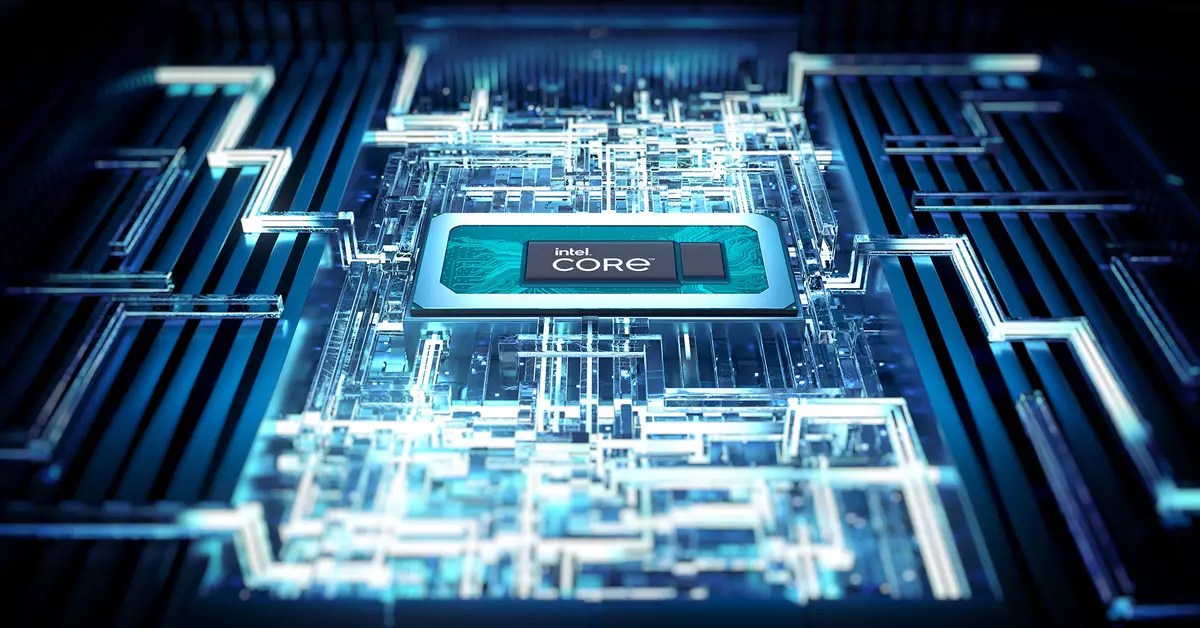Intel’s laptop chips have been under scrutiny for months due to concerns about potential instability issues. After extensive investigation, Intel has officially confirmed that its 13th and 14th Gen laptop chips are not susceptible to the instability problem affecting some of its flagship desktop chips. This announcement comes as a relief to many users who were worried about the long-term performance of their devices.
According to Intel spokesperson Thomas Hannaford, the company’s latest laptop chips are not impacted by what Intel has termed “Vmin Shift Instability.” While Intel continues to investigate the root causes of the instability problems affecting certain desktop chips, it has assured customers that the laptop chips are not affected at all. This news contradicts earlier concerns raised by a game developer regarding the potential impact on laptop chips.
Intel has provided a list of products that are not affected by the Vmin Shift Instability issue. This includes a range of processors, such as 12th Gen Intel Core desktop and mobile processors, non-K series i5 and i3 desktop processors, HX-series mobile processors, Xeon processors, and more. Users of these processors are advised to ensure their systems are running the latest BIOS updates to maintain optimal performance.
In addition to addressing the current instability issues, Intel has reassured customers that its future chipsets, including those scheduled for release later this year, will not be susceptible to the Vmin Shift Instability problem. This commitment to product quality and reliability is a positive sign for consumers who rely on Intel’s technology for their computing needs.
For those users who may have experienced permanent damage to their desktop CPUs as a result of the instability issue, Intel is offering a two-year warranty extension. This extension covers a range of processors, including i9, i7, and K-series i5 desktop CPUs. Users are encouraged to contact Intel or their PC builder if they believe their CPU has been affected and require a replacement.
Overall, Intel’s confirmation that its 13th and 14th Gen laptop chips are not impacted by the instability issue provides much-needed peace of mind for users. By offering BIOS updates and warranty extensions for affected desktop processors, Intel is demonstrating its commitment to addressing potential issues and ensuring the reliability of its products. Customers can continue to rely on Intel for high-performance computing solutions without worrying about the long-term stability of their devices.


Leave a Reply